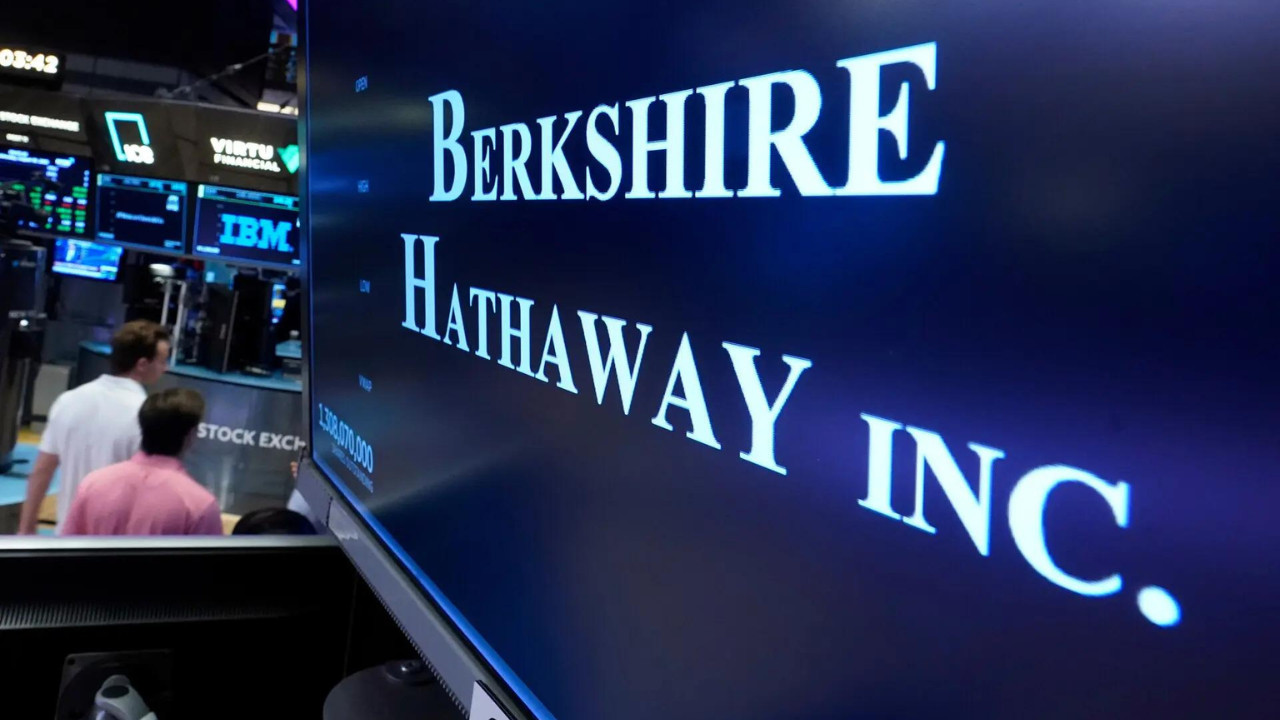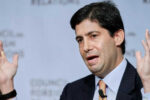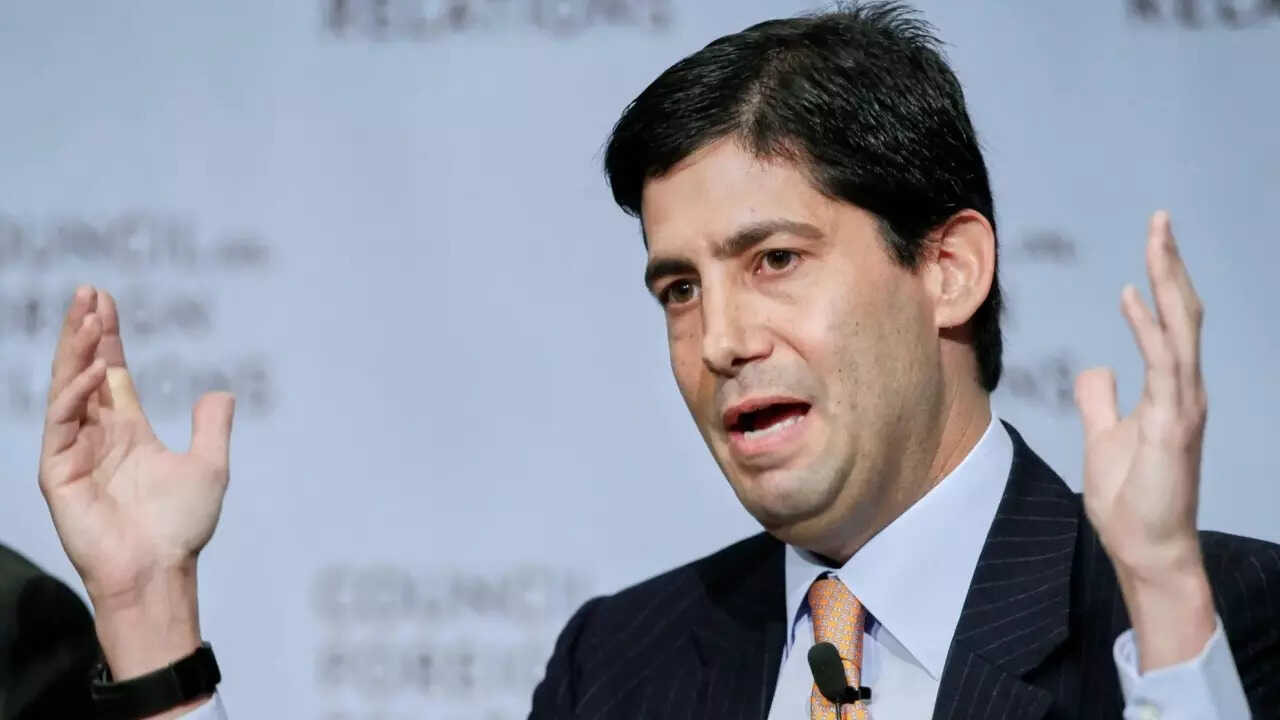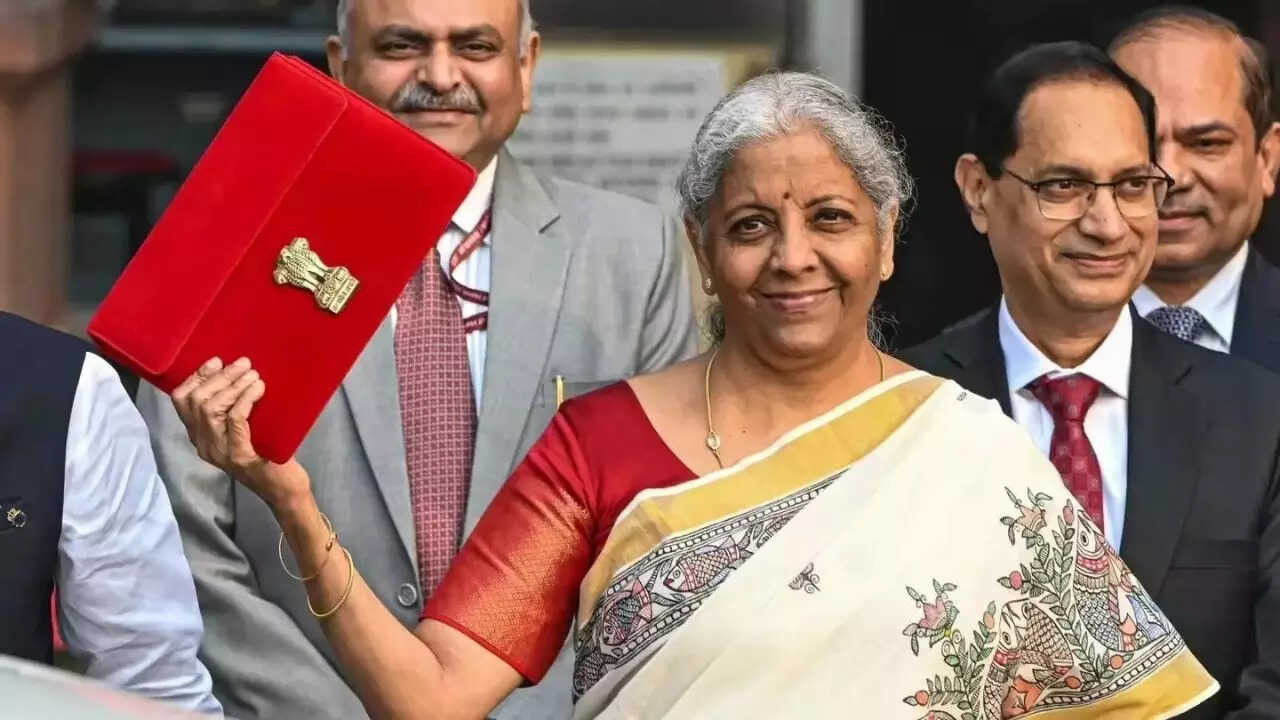Warren Buffett’s Berkshire Hathaway saw a significant 17% profit jump, fueled by a robust insurance sector and strong investment returns. Despite the legendary investor’s upcoming transition to Vice Chair Greg Abel in January, the conglomerate’s operating profit soared. This impressive performance, even with a dip in utilities, highlights Berkshire’s continued financial strength.
The Buffett Era Nears its End: What’s Next for Berkshire Hathaway?
Warren Buffett. The Oracle of Omaha. The investment guru. Whatever you call him, his name is synonymous with Berkshire Hathaway. But as the 93-year-old legend contemplates the future, Berkshire is at a pivotal moment. The latest Q3 earnings report offers a glimpse into both the company’s continued strength and the shifting landscape that lies ahead.
Berkshire Hathaway just announced a staggering 17% jump in profits, soaring to $30.8 billion. This remarkable figure highlights the company’s diversified portfolio and its knack for consistently delivering impressive results, even amidst global economic uncertainties. The cash pile, already legendary, has swollen to a monumental $157.2 billion. Imagine the possibilities! This immense financial power positions Berkshire to seize opportunities when others hesitate, further solidifying its market dominance.
But lurking beneath these impressive numbers is a question that has been on investors’ minds for years: what happens when Buffett is no longer at the helm?
Greg Abel: Buffett’s Chosen Successor
The answer, increasingly clear, is Greg Abel. While Buffett remains Chairman and CEO, Abel, currently Vice Chairman overseeing all non-insurance operations, is widely expected to take the reins when the time comes. Buffett has publicly expressed his confidence in Abel’s abilities, and the market seems to agree.
Abel’s background is significantly different from Buffett’s. He doesn’t possess the same folksy charm or the decades of investment experience. Instead, Abel is known for his operational prowess and his deep understanding of Berkshire’s diverse business portfolio, which includes everything from BNSF Railway to Dairy Queen. His focus is likely to be on maximizing efficiency and driving growth within the existing Berkshire empire, rather than pursuing entirely new investment strategies.

A Mountain of Cash: Deployment Strategies
The massive cash reserves present both an opportunity and a challenge. Buffett has always been patient, waiting for the right opportunities to deploy Berkshire’s capital. But finding deals large enough to move the needle for a company of Berkshire’s size is increasingly difficult.
What will Abel do with this cash? Will he maintain Buffett’s conservative approach, waiting for the perfect “elephant-sized” acquisition? Or will he explore new avenues, such as dividend increases or share buybacks, to reward shareholders? He might even consider smaller, more targeted acquisitions in emerging sectors, diversifying Berkshire’s holdings beyond its traditional strengths.
The answer to this question will be crucial in shaping Berkshire’s future performance. Smart deployment of this cash could fuel further growth and innovation, while a misstep could erode value. Many investors will be watching Abel’s moves closely.
What Does This Mean for Investors?
For long-term Berkshire Hathaway shareholders, the transition may not be as dramatic as some fear. Buffett has built a strong, decentralized organization with talented managers at the helm of its various businesses. This structure is designed to withstand leadership changes.
However, a shift in investment philosophy is almost inevitable. Abel’s focus on operational excellence may lead to a greater emphasis on internal growth and efficiency, potentially at the expense of the bold, opportunistic investments that defined Buffett’s era. The long-term consequences of this shift remain uncertain.
Berkshire Hathaway is not just a company; it’s an institution. The next chapter in its history will be fascinating to watch, offering valuable lessons about leadership succession, investment strategy, and the enduring power of a well-built business. What kind of deals will Berkshire Hathaway pursue? Only time will tell.
Read more about [Berkshire Hathaway’s long-term investment strategy](insert internal link here).
Conclusion:
As Warren Buffett edges closer to retirement, Berkshire Hathaway stands at a crossroads. Greg Abel’s ascension signals a potential shift towards operational efficiency and internal growth, while the company’s massive cash reserves present both a challenge and an opportunity. Investors will be keenly observing Abel’s leadership and capital allocation decisions to determine whether he can successfully navigate the transition and maintain Berkshire’s legacy of success. The company’s future, while uncertain, remains bright, backed by a strong foundation and an enduring reputation for financial prudence.







